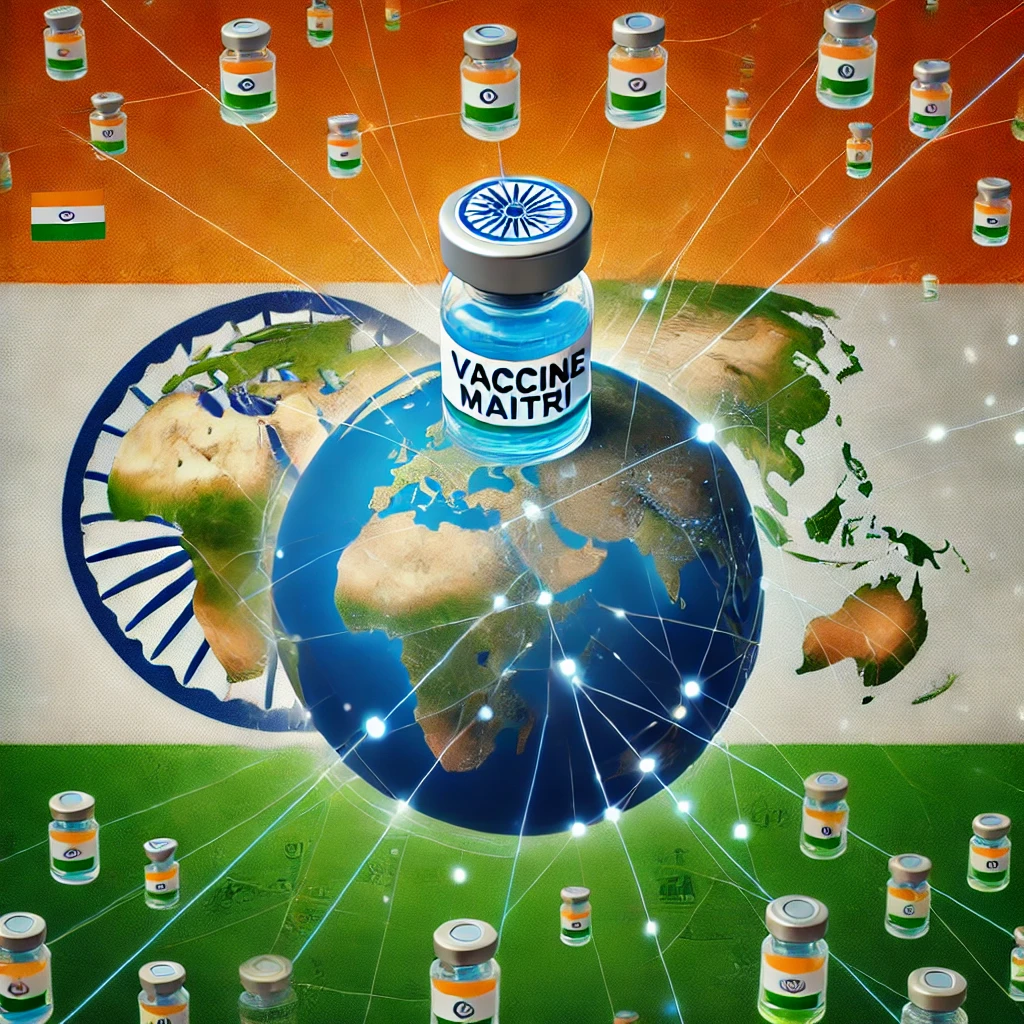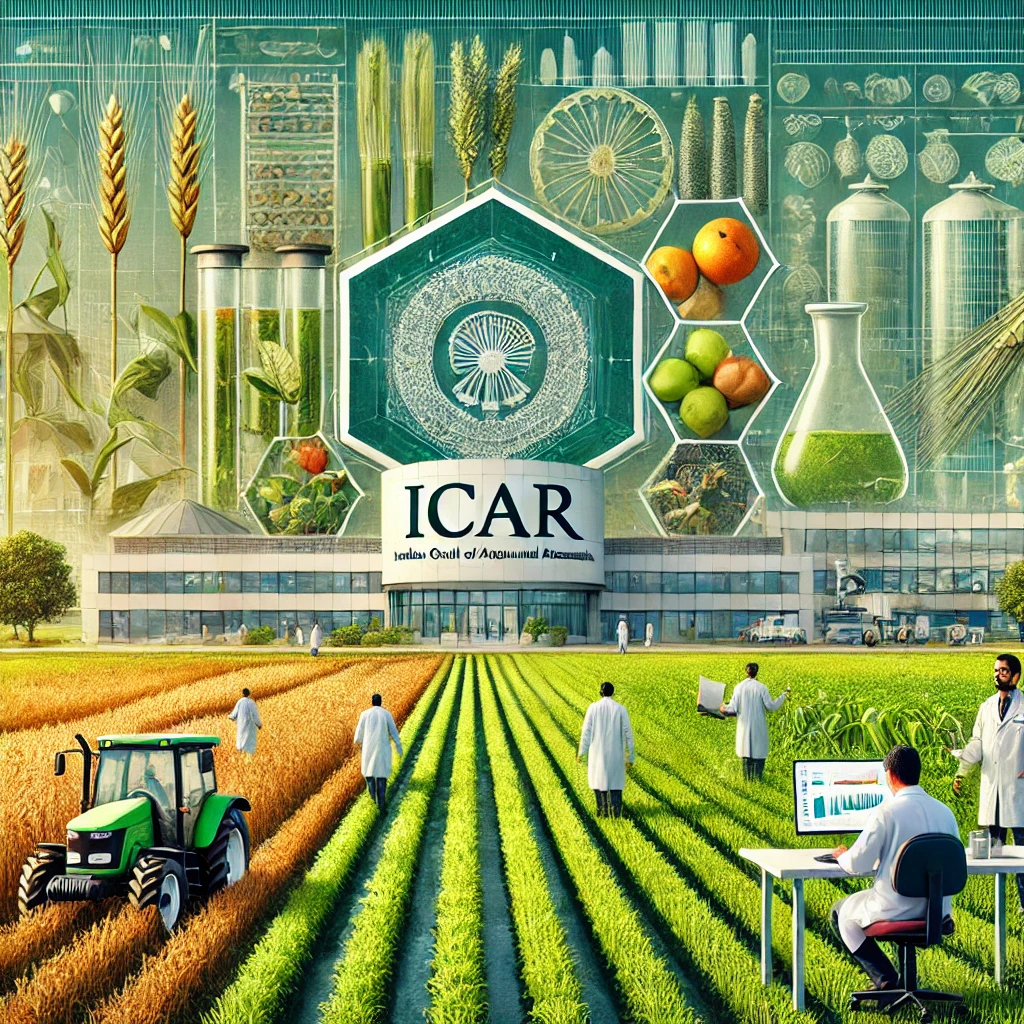Vaccine diplomacy for India would include the vaccines themselves and their exports to build a better relationship with other countries. It is also extended as developmental collaboration in the technology relating to vaccine-related technology. India’s initiative can majorly boost its foreign policy and improve diplomatic relations with neighboring and global nations. During the pandemic, India had earlier provided its neighboring countries with medical supplies and training workshops.
As per this vaccine diplomacy plan, shipments would go to Maldives, Bhutan, Bangladesh, and Nepal while Myanmar and Seychelles would be next in line. The other countries awaiting the regulatory clearances would include Sri Lanka, Afghanistan, and Mauritius. Quite noticeably, Pakistan is not on this list. This vaccine diplomacy yields several strategic gains: one is the goodwill it achieves for the long term, while the other is a counterbalance to China’s influence in the region. Economically, it positions India as a supply center for vaccines globally, boosting the pharmaceutical industry and economy. The move helps India win moral standing and disrupts vaccine nationalism, which disadvantages the poorer nations.
- The initiative has been implemented by BIRAC and CDSA under the aegis of the National Biopharma Mission and the Ind-CEPI Mission of DBT.
- India had earlier supplied Hydroxychloroquine, Remdesivir, and Paracetamol tablets as well as diagnostic kits, ventilators, masks, gloves, and other medical supplies to a large number of countries during the pandemic.
India’s Coronavirus Vaccines
Recently, the Drug Controller General of India (DCGI) approved two COVID-19 vaccines, COVID-19 and COVAXIN. This approval marks a significant milestone in India’s battle against the pandemic. The COVISHIELD is developed by Oxford-AstraZeneca and manufactured by the Serum Institute of India, while COVAXIN is an indigenous vaccine developed by Bharat Biotech.
COVISHIELD
COVISHIELD, technically referred to as AZD1222 or ChAdOx 1 nCoV-19, is a live vaccine. Developed by Oxford-AstraZeneca, it is produced in India by the Serum Institute. The vaccine has shown promising results in various clinical trials and is a critical component of India’s vaccination strategy.
COVAXIN
COVAXIN, developed by Bharat Biotech, stands out as India’s only indigenous Covid-19 vaccine. It is an inactivated vaccine, which means it uses a killed version of the virus to stimulate an immune response. The vaccine is safe, with no major side effects reported, making it a vital tool in combating the pandemic.

India’s Vaccine Diplomacy Plan
India has strategically begun distributing COVID-19 vaccines to neighboring and key partner countries. Initial shipments have reached Maldives, Bhutan, Bangladesh, and Nepal, with more countries on the list. This plan underscores India’s commitment to global health and regional solidarity.
Initial Shipments
India has delivered vaccines to Maldives, Bhutan, Bangladesh, and Nepal. Myanmar and Seychelles are next in line to receive vaccine consignments, demonstrating India’s proactive approach to supporting its neighbors during the pandemic.
Awaiting Confirmations
India is currently awaiting regulatory clearances from Sri Lanka, Afghanistan, and Mauritius before dispatching vaccine shipments. This careful approach ensures compliance with each country’s regulatory requirements, facilitating smooth vaccine distribution.
Exception – Pakistan
Despite clearing the AstraZeneca vaccine, Pakistan has neither requested nor discussed vaccine doses from India. This exception highlights the complexities of diplomatic relations in the region, even amidst a global health crisis.
Importance of India’s Vaccine Maitri
India’s vaccine maitri holds strategic, economic, and moral significance, positioning the country as a key player on the global stage. It helps in earning goodwill, countering rival influences, and promoting ethical vaccine distribution practices.
Strategic Importance
India’s vaccine Maitri program helps secure long-term goodwill, counteract Chinese influence, and provide leverage over Western countries. It aligns with India’s neighborhood-first initiative, reinforcing its strategic presence in the region.
Economic Importance
By becoming a global vaccine supply center, India boosts its pharmaceutical manufacturing and economic prospects. This role strengthens India’s economy and enhances its reputation as a key player in global health.
Rescue from Cold War over Vaccine
India’s early vaccine shipments help mitigate the geopolitical tensions between the US and China over vaccine distribution. This proactive stance positions India as a neutral and reliable partner in global health efforts.
Earning Moral Right
India’s equitable vaccine distribution contrasts sharply with the criticized practices of richer nations, enhancing its moral standing in international forums. This approach underscores India’s commitment to global health equity.
Disrupts Vaccine Nationalism
India’s intervention counters vaccine nationalism by ensuring vaccine access for countries with fewer resources. This disrupts pre-purchase agreements that favor wealthier nations, promoting a more equitable distribution of vaccines.
Facilitating Global Collaboration
India’s vaccine supply supports global collaboration through mechanisms like the WHO-backed COVAX Facility. This initiative emphasizes the importance of international cooperation in addressing global health challenges.
Conclusion
India’s vaccine Maitri program stands as a beacon of hope, showcasing the country’s commitment to global solidarity while countering vaccine nationalism. By prioritizing both domestic and international needs, India sets a precedent for responsible and compassionate leadership. For UPSC aspirants, this highlights the importance of strategic diplomacy and international cooperation in achieving global health equity and fostering goodwill.
| Vaccine Maitri UPSC Notes |
| 1. The vaccine Maitri program has been a part of its vaccine and technology exports, particularly in neighboring and other countries of the world. 2. Initially, the Maldives, Bhutan, Bangladesh, and Nepal received the shipments, while Myanmar and Seychelles were on the list. 3. It advances Indian influence internationally, balances China’s influence in the region, and promotes the growth of the pharmaceutical industry. 4. BIRAC and CDSA implemented Vaccine Diplomacy under the National Biopharma and Ind-CEPI Missions. 5. Hydroxychloroquine and ventilators have been distributed to major countries by India throughout the pandemic. 6. The Oxford-AstraZeneca-developed live vaccine; manufactured by the Serum Institute of India. |

